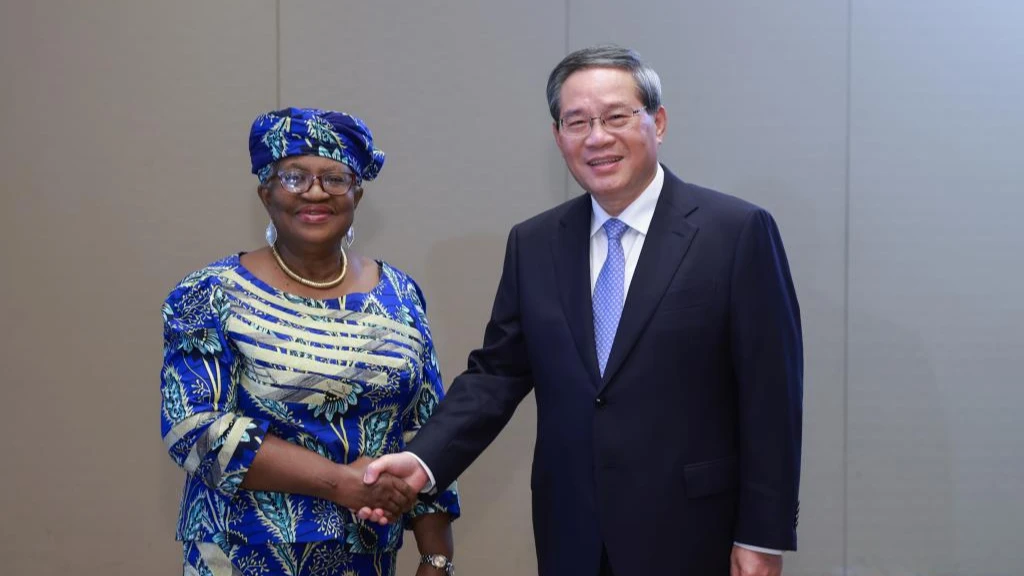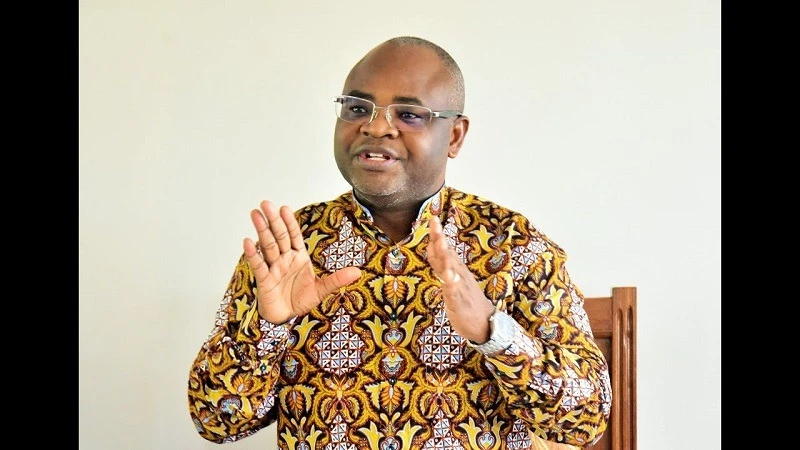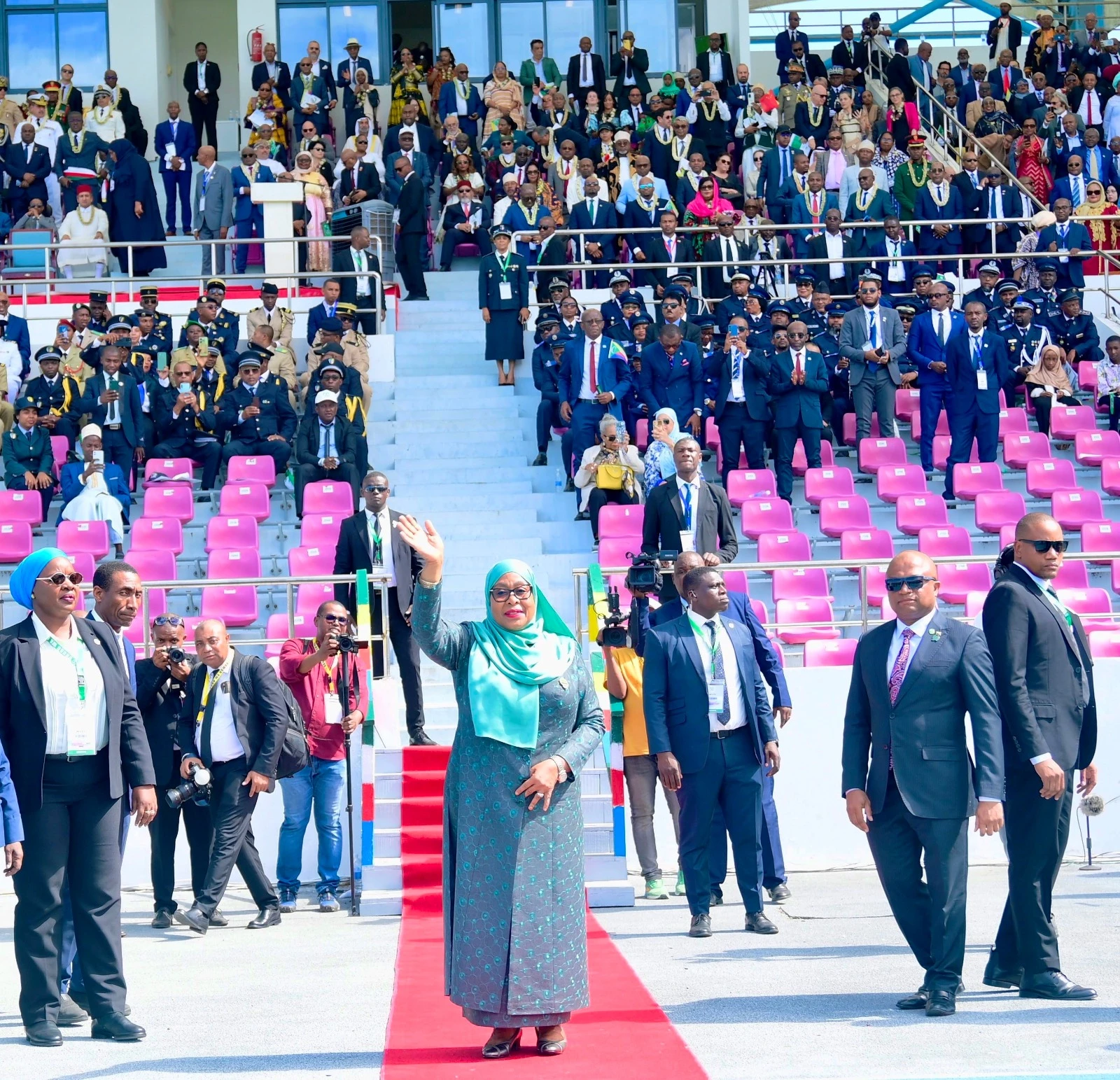Tanzania earns global recognition for digital health innovation

WHILE much of the world is fixated on the latest artificial intelligence breakthroughs and billion-dollar tech IPOs, Tanzania is quietly scripting its own digital success story—one that is steadily gaining global attention.
This year, the East African nation received top honours at the World Summit on the Information Society (WSIS+20) Forum in Geneva, a recognition of Tanzania’s deliberate and effective approach to digital transformation.
Among the standout achievements: a Zanzibar-based public health initiative that integrates citizen identities with their medical records, ensuring seamless, continuous care across health facilities.
On the mainland, a citizen feedback platform was lauded for its smart, responsive design—routing community concerns directly to the right government departments, enabling faster and more accountable service delivery.
Both projects signal a deeper trend. In Tanzania, digital tools aren’t just theoretical—they are operational, scalable, and increasingly central to how the state serves its citizens.
Over recent years, Tanzania has built a national digital backbone that now links ministries, agencies, and regional governments. What was once a fragmented ecosystem of disconnected systems is being transformed into a cohesive digital infrastructure, supporting real-time coordination across sectors—from health and education to finance and local governance.
At the heart of this transformation is the e-Government Authority (e-GA), which has played a pivotal role in designing and enforcing national ICT standards, guiding interoperability across systems, and ensuring that digital public services are secure, efficient, and user-focused.
“This is not just about digitizing paperwork,” said one senior government official. “It’s about rethinking how government functions—at every level.”
The effort goes far beyond deploying new apps or websites. It includes 24/7 monitoring from government data centers, compliance with cybersecurity regulations, and a methodical approach to testing and integrating new systems—all coordinated under e-GA’s strategic oversight.
Perhaps the most transformative aspect of Tanzania’s approach is its push to extend digital governance to rural and underserved communities.
Major investments in broadband infrastructure—guided in part by national digital strategy frameworks spearheaded by e-GA—have brought high-speed connectivity to remote areas.
In these communities, residents can now retrieve health records, apply for permits, or access educational content online, often for the first time.
In Morogoro, a community health worker reflected on the impact: “We’re witnessing what meaningful rural inclusion can look like. It’s not just about connectivity—it’s about participation.”
Underpinning these changes is a profound cultural shift within government. Technology is no longer viewed as a side project, but as the connective tissue binding together institutions, services, and decision-making.
Public agencies now operate on a shared digital logic—emphasizing interoperability, consistency, and accountability.
The transformation is also evident in Tanzania’s rise in global cybersecurity rankings. Through investments in governance frameworks, workforce training, and proactive policy-making—much of it coordinated through e-GA and the ICT Commission—the country has moved from a reactive to a preventative stance in cybersecurity.
This evolution is critical as more public services begin handling biometric data and sensitive financial information.
“Cybersecurity isn’t a side initiative—it’s essential to public trust,” said a cybersecurity advisor with the Tanzania ICT Commission.
The honour received in Geneva is a milestone—but not the destination, according to officials. The real test lies ahead: how adaptable these systems are, how trusted they become by citizens, and how seamlessly they evolve with future technologies.
What’s unfolding in Tanzania isn’t just a digitisation drive—it’s a structural reform in how the state operates. The infrastructure being laid down goes beyond fiber optics and cloud platforms. It’s embedding itself in the routines of government, the expectations of citizens, and the policies shaping national development.
And while it may not generate headlines every day, years from now, Tanzania’s quiet but determined digital transformation—driven in part by institutions like the e-Government Authority—may well be remembered as one of the country’s most significant achievements.
Top Headlines
© 2025 IPPMEDIA.COM. ALL RIGHTS RESERVED






















